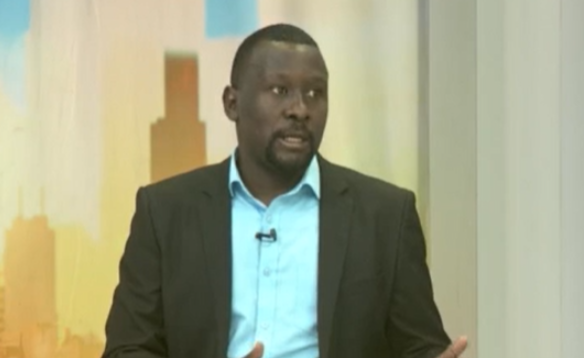The corruption case involving former Nairobi Senatorial aspirant Gabriel Bukachi Chapia has finally come to an end after years of investigations, court proceedings, and contested applications.
On 19 September 2025, the Milimani Anti-Corruption Law Courts delivered a conviction that tied together more than a decade of allegations against him. The case, which had drawn significant public interest, concluded with Mr. Chapia being found guilty of multiple counts of forgery and fraudulent acquisition of public funds.
The ruling was delivered by Hon. C.N. Ondieki after a plea bargain agreement was reached. In this agreement, Mr. Chapia admitted guilt to three counts of forging academic certificates under the Penal Code and two counts of unlawfully obtaining public funds under the Anti-Corruption and Economic Crimes Act.
The forged papers, which included a supposed Master’s degree from Daystar University, a Computer Science degree from Maseno University, and other falsified certificates, had been central to his ability to secure various jobs in public institutions.
His admission closed a chapter that had been in courtrooms and headlines for years.
The sentencing terms offered him the choice of serving two-and-a-half years in prison or paying a fine of Ksh 30,000 on each of the five counts, bringing the total fine to Ksh 150,000.
Beyond the custodial sentence and fines, the court also directed him to refund public money unlawfully earned Ksh 182,751 received from Moi Teaching and Referral Hospital and Ksh 3,314,662 from the Kenya Investment Authority.
With added interest, this amounted to Ksh 3,917,102.56. The court warned that failing to repay these funds would result in an extra year of imprisonment on top of the initial sentence.
The Ethics and Anti-Corruption Commission (EACC), which had led the investigation, explained that the matter was first reported on 4 May 2017. At that time, concerns were raised about Mr. Chapia’s academic qualifications and how he had used them to secure positions in public institutions. Investigations revealed that the falsified documents were used to gain employment as ICT Manager at Moi Teaching and Referral Hospital in 2009, at Kenya Investment Authority in 2010, and later as Ward Administrator in Nairobi City County in 2014.
Through these roles, he received salaries and benefits that the court has now ordered him to return.
The journey to conviction was not without controversy. In October 2024, the Director of Public Prosecutions attempted to withdraw the case under section 87(a) of the Criminal Procedure Code, even though fourteen witnesses had already testified.
The EACC strongly opposed this move, saying it would undermine accountability and waste the resources invested in the prosecution. The court agreed with EACC and allowed the trial to proceed, a decision that ultimately led to the plea bargain and sentencing.
The EACC has described the outcome as a significant success in the fight against corruption. It not only recovers money for the public but also sends a clear message about the consequences of falsifying qualifications and misusing public resources.
The case demonstrates the role of the judiciary in protecting the integrity of Kenya’s public service and reinforcing the country’s broader commitment to anti-corruption enforcement.





















Add Comment